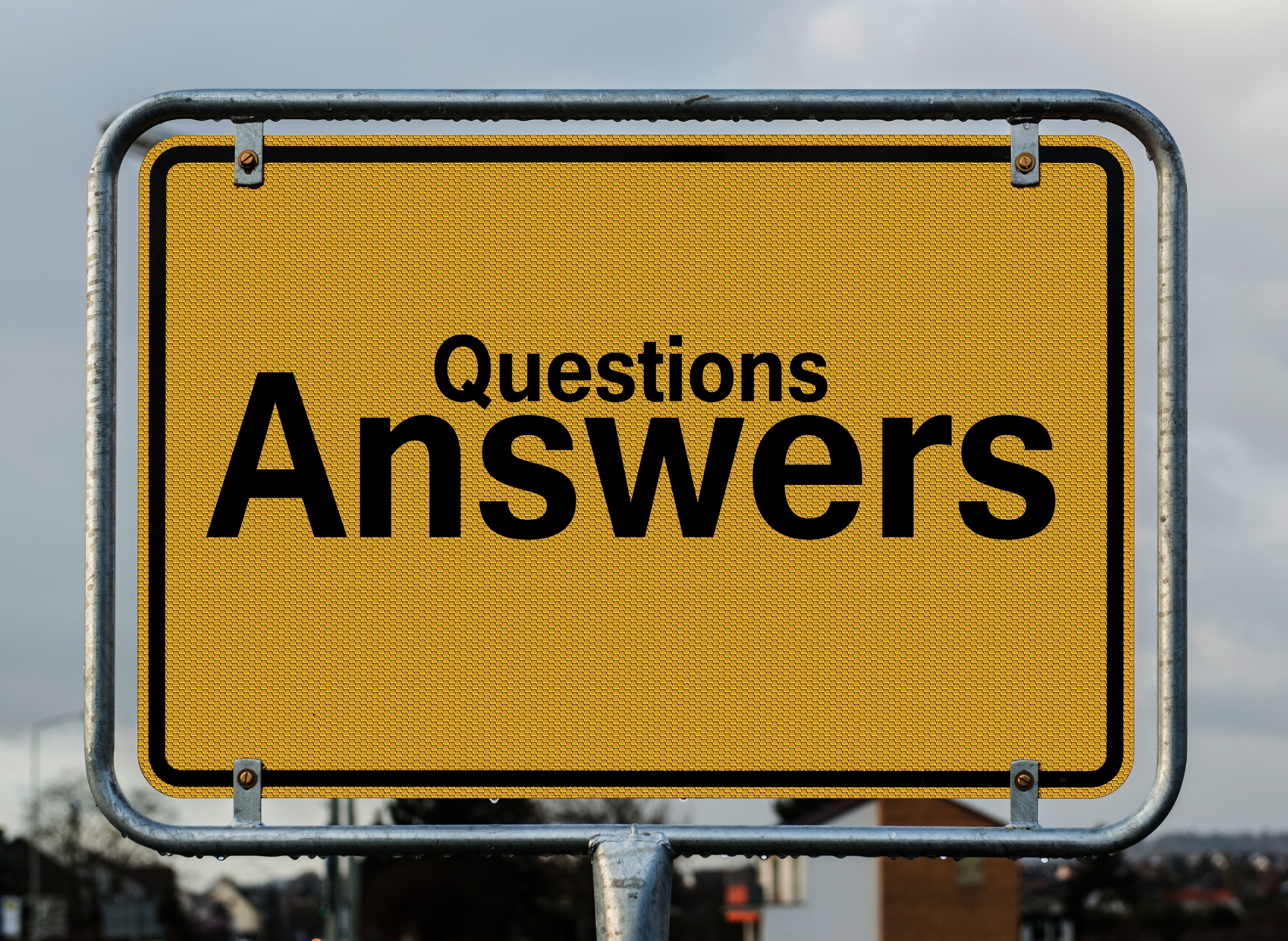

In this three-part essay I examine some of the different ways editors collect data for and about editors, editing and the profession as whole, and the types of research they may be interested in. I explore some of the ethical issues associated in doing so and how we might go about ensuring best practice. I also offer pointers for consideration if you are approached to provide your data. Click here for Part 1. Click here for Part 2.
Parts 1 and 2 approached the question of data collection from the perspective of the editor as data collector and/or researcher. But most editors are not researchers – we are more likely to be approached for our input or our personal data, or we may encounter posts online that solicit our involvement.
This part of the essay starts with a case study and then explores some ethical issues that arose. It suggests questions to consider when you are approached to provide your personal data or to participate in research.

Case study
Recently, along with a small group of other women, I was invited to a friend’s house to view a demonstration of a brand of essential oils. We had fun testing the products and socialising over tea and nibbles. Then came the inevitable: presentation of the product lists, specials and prices. Needless to say, the products were not cheap – in fact, they were eye-wateringly expensive.
Although our hosts did not ask us directly to buy the products, I felt obligated. Having ooh-ed and ahh-ed over the tantalising fragrances and the possibilities of what I could do with the essential oils, it seemed churlish, then, to say thanks and leave without buying anything.
This kind of social pressure used to be known as ‘keeping up with the Joneses’.
Had this been a negative pressure (e.g. to consume alcohol when I didn’t feel like it, or to endorse a bigoted statement) I would have felt confident about saying no. But I figured I would use – and probably enjoy – the products, and at the same time I would be helping a friend to establish her business. All of the other women present bought something from the catalogue.
To purchase the products, we were required to fill out a printed form, including credit card details for payment. Which I did – except that I left off the security number and sent that separately by text message. I was concerned that the form could end up in someone’s rubbish bin over time, and then our household’s complete credit card details would be out there in world.
Before we left the host provided us each with a copy of the product brochure, including an agreement, which included an enormous amount of ‘fineprint’ that could only have been written by crack legal team in the United States (it was).
But it didn’t end there. After committing to our purchases we found out that the next step was for our host to create an online account for each of us. Later that day she texted me to ask for my birth date. This time I said no. It seemed absurd to have to give this level of personal detail just to purchase some essential oils. The host sent me a link so I could create the account myself, and it gave me a chance to have a look around the website.
Turns out, this brand/company uses multi-level marketing as its sales model. Individuals are recruited as ‘distributors’ to sell the product and earn money from those sales, then they in turn recruit other distributors to work under them (downline) and receive a percentage of their sales as passive income. I discovered later that each person who purchases the products has to sign up to a membership, effectively as a distributor, which includes the terms and conditions of a legally enforceable agreement.
What, if any, are the ethical issues in this case study?
- Lack of transparency. When I accepted the invitation to attend I had an inkling that I would be invited to buy the products demonstrated. But I wasn’t told upfront that to buy anything I would need to sign up as a distributor.
- Benefits and risks. Although the benefits of the products were emphasised, there was no mention of risks. I had no idea that just to buy a few essential oils I would need to provide so much personal information. In the wrong hands, that information puts me at risk of identity theft.
- Informed consent. Our host did not ensure that we were provided with all the relevant information prior to purchasing/signing up.
Ethically, what should have been done?
Just to be clear, as far as I could tell, the host did not do anything illegal.
However, transparency and informed consent should be the cornerstones of ethical conduct when collecting data from anyone, for any purpose whatsoever.
First, when inviting people to the demonstration, the host could have been explicit by informing everyone that:
- The products would be available for sale.
- Purchasers would be required to create an account with the company.
- Signing up for an account required personal information to be provided, including full name, address, date of birth, telephone and email contact details.
- Signing up for an account required agreement with the company’s terms and conditions, including their detailed legal agreement, which was exclusively subject to a foreign jurisdiction.
- Purchasers would, in effect, also become ‘distributors’, regardless of whether they actually sold the product/membership to anyone else.
This information could have been provided with a quick email prior to the event.
Second, during the presentation the host could have explained the company’s sales model and answered any questions that arose. Third, she could have been transparent about how she would benefit from the transactions that might take place, and fourth, she could have described the risks of signing up. Fifth, and finally, she could have put people like me at ease by stating that there was no obligation to purchase – and ensuring that this was in fact the case. I suspect I wasn’t the only one who felt obligated to purchase.
To be sure, as an adult with all of her faculties intact, I could have pulled out of this transaction at several time-points. However, upon reflection, the social pressure I felt to contribute held me back from asking about all the details, including risks, of the purchase. It would’ve seemed too confronting in what was set up as a social event between friends.
Provision of personal data

In this section we look at what questions to ask if you are approached to provide your data, opinion or other input. You may be approached informally by someone wanting to write a blog post, or for formal purposes, such as market research by a company or a colleague; industry research by IPEd or another organisation; social research by an individual or research team; or journalism or some other purpose.
Following are important questions to consider – you don’t have to ask all of them, but ask enough to provide you with the reassurance you need.
- Who is collecting the information and for what purpose?
Are those purposes aligned with your personal/professional values and principles?
- How is the information being collected?
For example, online, email, post, survey or interview in person or by phone, video or other method.
- What information is being requested, and from whom?
Who else is being asked? Is the person collecting the data an officer, employee or volunteer in the organisation? What codes of conduct govern their activity in collecting this data?
- Why have you been approached to provide this information?
Are you the appropriate target audience?
- What will happen to your personal information?
How and where is it being stored? Who will have access to it? What processes and security are in place? When and how will the information be destroyed?
- Will any of your personal information be provided to a third party?
Who, when and under what circumstances? Could you have a copy of any information that is provided about you?
- Will you be able to withdraw your personal information?
Whom should you contact, when and how?
- Will any of your personal information be published?
What, where and under what circumstances?
Will you be able to request correction or amendment of your personal information? How soon will the information be updated?
- Will there be any follow-up?
Will you receive further correspondence about the activity/ project?
- What, if any, are the benefits of providing this information?
There may be none to you, and you may be fine with that.
- What are the risks of providing this information?
Don’t accept ‘none’ – there are ALWAYS risks. Even ‘low’ or ‘negligible’ risk is relevant and you should be the one to decide on the relevance or potency of that risk.
How will these risks be mitigated?
- What will happen if there is a breach, or if something goes wrong?
How will you find out? Are there avenues for redress?
- Whom should you contact in the event of a breach or other concern?
What, if any, industry or professional laws and/or codes of conduct govern this activity?
Participation in research
In many ways, research is the lifeblood of contemporary society. We value highly and seek fidelity in evidence, particularly evidence arising from research. Although most research with humans is conducted safely and responsibly, it can involve risks. Whether those risks are high, low or negligible, there is always a possibility that things can go wrong.
Ethical review
That’s why any research involving human participants should be reviewed by a body such as a research review committee or a human research ethics committee (HREC).
HRECs and other review bodies assess the research merit and integrity, justice, beneficence, respect, risks and benefits outlined in research proposals before the research takes place. There may be risks and benefits of the research itself, as well as to the researchers and research participants, so ethical review takes in both the broader perspective and the individual circumstances of each research proposal.
HRECs typically include eight or more members, of which there should be equal numbers of men and women and about a third from outside the institution.
I have been a researcher member on the HREC of a major regional hospital since 2013 (and deputy chair since 2017), and also on the joint HREC for two federal government departments since 2017. I’ve learned so much from this involvement. Both positions have provided me with a depth of knowledge and an appreciation for critical review.
Which is why the first piece of advice I offer to any researcher is to seek independent review of their proposal before they seek ethical approval. Peer review is an invaluable contribution to the quality of any research proposal.
Questions to ask

If you are asked to participate in research, consider the following.
- Has the study been reviewed?
Has the research proposed been independently reviewed for its merit and integrity?
Has the research proposed been reviewed by an HREC or other ethical review body?
- What is the purpose of the research?
- What are the benefits of the research?
For you, for the researchers, their institutions, your profession/industry/interest group and the community at large.
- What are the risks?
Ask the researchers to spell this out in detail, including how these risks might be mitigated and what, if any, redress or support you might be entitled to in the event that something goes wrong.
- Who is involved?
Who is conducting the research? Which organisation/s are sponsoring the study? Who has provided funding (if any) for the study? Who has approached you to participate and what is their role in the study? How will they benefit from the research? Is there a potential or actual conflict of interest?
- What’s your involvement?
Why have you been approached to participate in this research? What is involved and what will you have to do – when and how? Will you be out of pocket if you agree to be involved? Will you be reimbursed? When and how?
- Plain language statement
Ask the researchers to provide you with a copy of the Plain Language Statement (or Participant Information and Consent Form, PICF) approved by the ethical review body. This document should outline all the information you need to enable your informed consent to participate. It should also include details of how and when to withdraw if you ever wish to do so, and contact details for both the study coordinators and the person/s to whom complaints should be addressed.
- Personal information
See above for questions to ask about the collection of personal data.
Research has contributed enormously to the good of society, and perhaps none more so than human research. As I stated earlier in this essay (Part 2), there is a dearth of research on editing, editors and the profession. To help us progress we need more research, particularly robust academic and industry research, to guide our efforts individually and as a profession. You can support quality research by getting involved and making sure you ask the right questions to ensure you are well informed.
Conclusion
Editors are increasingly collecting – and approaching others to collect – personal and other data. These may serve a range of good purposes, but there are always risks.
If you’d like to comment on this essay, if you’d like some advice or coaching to guide your own work, or even if you spot an errant typo, please do get in touch.
Suggested citation:
Otmar, R. (2019). Researching and collecting data for and about editors. Part 3: Considerations in providing your personal data, online essay. Viewed at https://reneeotmar.com.au/index.php/blog/.










